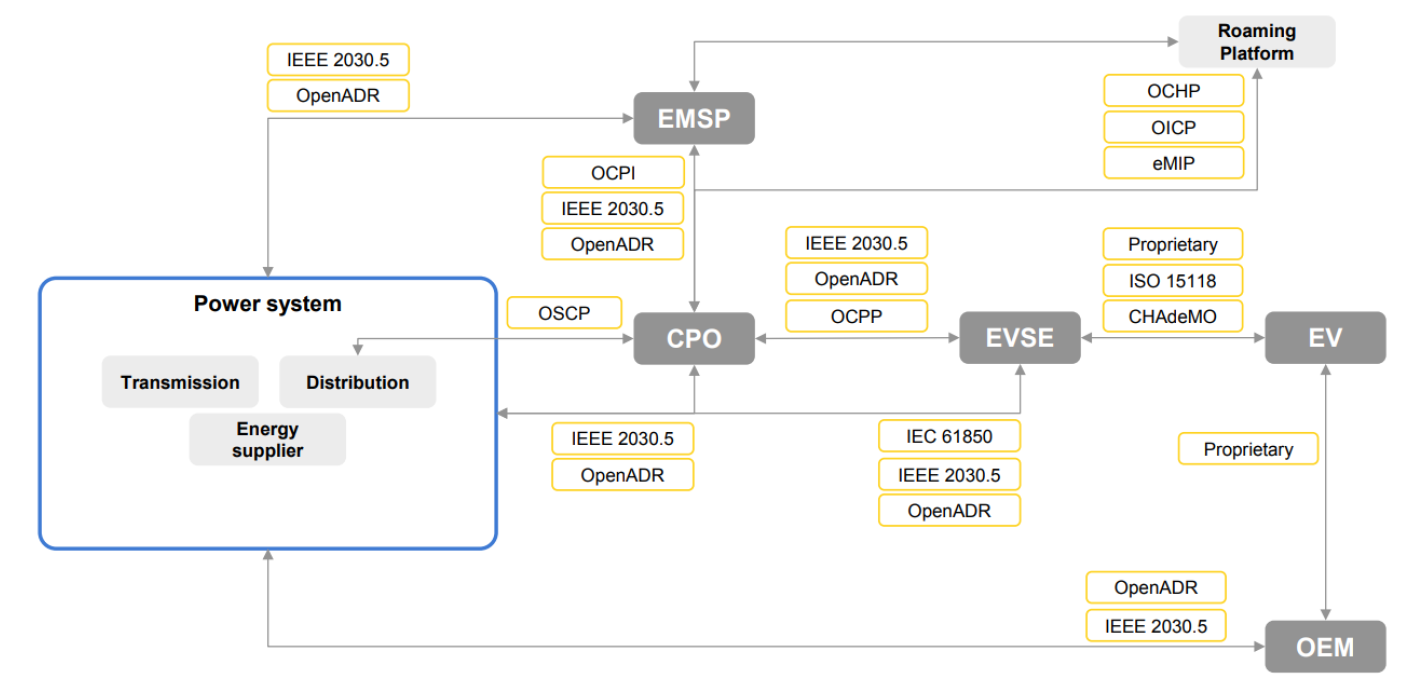Grid Integration of EVs: Deploying Measures, Standards and Interoperability and Policy
Keywords:
Grid Integration, Electric Vehicles, Standards and Interoperability, PolicyAbstract
The rapid adoption of electric vehicles (EVs) is reshaping the energy and transport sectors, presenting both opportunities and challenges for modern power systems. This paper examines the multifaceted aspects of EV-grid integration, emphasizing the technical, economic, and regulatory measures required to ensure sustainable deployment. The analysis begins with an assessment of the impacts of large-scale EV penetration on power systems, highlighting issues related to peak demand, transformer loading, and voltage stability. Various measures for effective integration are discussed, including smart charging strategies, demand response programs, and grid reinforcement options. The study further explores the importance of aggregation mechanisms supported by standards and interoperability, with particular attention to communication protocols enabling secure and reliable vehicle-to-grid (V2G) operations. Integration with renewable energy sources is identified as a key enabler for maximizing environmental and economic benefits, provided that charging coordination is effectively managed. Opportunities such as enhanced grid flexibility and market participation are balanced against challenges including infrastructure constraints, interoperability gaps, and regulatory uncertainties. Finally, the paper reviews policy frameworks that can facilitate EV adoption while safeguarding grid reliability, offering insights into best practices for regulators, utilities, and industry stakeholders.





